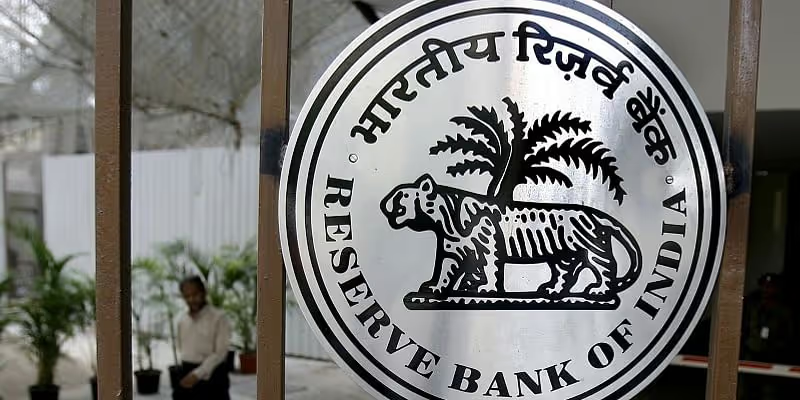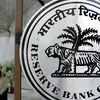RBI sets up fintech department
The upgrading of the unit by RBI into its a department is aimed at promoting innovation in the sector, identifying the challenges and opportunities associated with it, and addressing them in a timely manner.
The Reserve Bank of India (RBI) has announced the creation of a specific department for fintech challenges with effect from January 4, 2022.
India's central bank had formed a FinTech Unit in the Department of Regulation after June 2018 for acting as a central point of contact in the bank for all activities related to fintech.
The upgrading of that unit into its a department is aimed at promoting innovation in the sector, identifying the challenges and opportunities associated with it and addressing them in a timely manner. The department will also provide a framework for further research on the subject that can aid policy interventions by the bank, RBI said in a document.
“All matters related to the facilitation of constructive innovations and incubations in the fintech sector, which may have wider implications for the financial sector/markets and falling under the purview of the Bank, will be dealt with by the FinTech Department,” the document added.

(Photo credit: AFP)
To oversee the new department, Ajay Kumar Choudhary has been appointed by the RBI as executive director. He will look after the Fintech Department, Risk Monitoring Department, and Inspection Department.
Shri Choudhary holds a Master’s degree in Physics from Delhi University, besides having earned professional qualifications including Certified Associate of Indian Institute of Banking and Finance (CAIIB).
The challenges that are already faced by the bank include framing cryptocurrency regulations and a central bank digital currency (CBDC).
T Rabi Shankar, the RBI's deputy governor, had recently stated that “two types of CBDC are in the works, wholesale and retail, and the new department will now be tasked with overseeing their development. Meanwhile, India’s parliament is set to consider a law to regulate cryptocurrencies. The RBI has unsuccessfully tried to “prohibit” banks from dealing with virtual currencies, including Bitcoins, in the past. But in 2020, the Supreme Court allowed dealing in cryptocurrency, and said the RBI order was “unconstitutional”.
Edited by Megha Reddy








